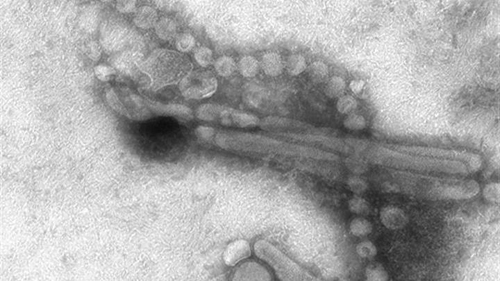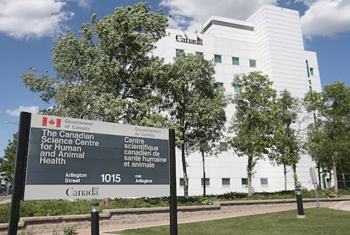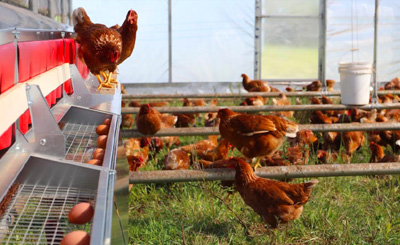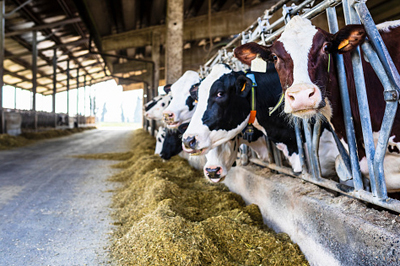Saturday November 9, 2024 | VICTORIA, BC [Posted at 7:32 pm | Last updated November 12, 2024]
by Mary P Brooke, B.Sc. | Island Social Trends
Update November 12: Dr Bonnie Henry will address media at 11:30 am November 12.[Link to come]
One person in British Columbia has tested presumptive positive for avian influenza (also known as bird flu).
H5N1 avian influenza in people is caused by the H5 influenza virus that normally only infects animals.
This is the first detection of avian influenza due to H5N1 virus in a person in BC (and in Canada), as announced in a BC Office of the Provincial Health Officer news release at 3:37 pm today, November 9, 2024.
Sample being sent to national health lab:
The positive test for H5 was performed at the BC Centre for Disease Control’s (BC CDC’s) Public-Health Laboratory in Vancouver.
Samples are being sent to the National Microbiology Laboratory in Winnipeg for confirmatory testing.
BC Children’s Hospital:
The individual is a teenager from the Fraser Health region who is receiving care at BC Children’s Hospital.
A public-health investigation has been initiated to determine the source of exposure and identify any contacts.
Comment from Dr Henry:
“Our thoughts are with this young person and their family during this difficult time,” said BC Provincial Health Officer Dr. Bonnie Henry in today’s news release.

“This is a rare event, and while it is the first detected case of H5 in a person in BC or in Canada, there have been a small number of human cases in the US and elsewhere, which is why we are conducting a thorough investigation to fully understand the source of exposure here in BC,” Dr Henry said in the news release.
Investigation:
Public health is following up with contacts who may have been exposed in order to assess for symptoms and provide guidance on testing and prevention measures. There have been no further cases identified at this time.
“The source of exposure is very likely to be an animal or bird, and is being investigated by B.C.’s chief veterinarian and public health teams,” the BC PHO stated.
The investigation involves public health teams from Fraser Health, BC Centre for Disease Control (BCCDC), the BCCDC Public Health Laboratory, BC Children’s Hospital, the Office of the Provincial Health Officer, Office of the Chief Veterinarian, Ministry of Agriculture and Food, and others.
Health, animal and environmental partners across B.C. have also been working together and with the Canadian Food Inspection Agency and other national and U.S. partners to respond to the increased detections of H5N1 avian influenza in poultry farms and wild birds in the province since early October.
Prevention measures
For protection against avian influenza, these measures are recommended:
- Stay up to date on all immunizations, especially the seasonal flu vaccine.
- Do not touch sick or dead animals or their droppings and do not bring sick wild animals into your home.
- Keep your pets away from sick or dead animals and their feces (poo).
- Report dead or sick birds or animals.
- For poultry or livestock, contact the Canadian Food Inspection Agency (CFIA) Animal Health office: https://inspection.canada.ca/en/about-cfia/contact-cfia-office-telephone#bc-animal
- For pets, contact your veterinarian or call the BC Animal Health Centre at 1 800 661-9903
- For wild birds, contact the BC Wild Bird Mortality Line: 1 866 431-2473
- For wild mammals, contact the BC Wildlife Health Program: 1 250 751-7246
Watch for symptoms:
BC public health information advises that if you have been exposed to sick or dead birds or animals or work on farm where avian influenza has been detected, watch for symptoms of influenza-like illness (see link below for more details).
If you get symptoms within 10 days after exposure to sick or dead animals, tell your health-care provider that you have been in contact with sick animals and are concerned about avian influenza. This will help them give you appropriate advice on testing and treatment. Stay home and away from others while you have symptoms.
About avian influenza
Avian influenza viruses occur naturally among wild aquatic birds and spread easily from bird to bird. Since 2022, there has been unprecedented global spread of avian influenza caused by the H5N1 virus. While it mostly affects birds, it can affect other animals too. In addition to cases reported in wild birds and poultry farms in North America, the virus has infected mammals including dairy cattle, foxes, skunks, marine mammals and more. There have also been isolated reports of H5N1 detections in goats and in a pig in the United States. There have also been reports of cases in humans, notably following exposure to infected animals.
There have been 22 cases of H5 avian flu found in farm poultry in BC since October. Cases in the US have been found in poultry as well as dairy cattle.
In BC, H5N1 has been detected in wild birds, on poultry farms and among small wild mammals, including skunks and foxes. Most cases have been reported during migration season, when wild birds carrying the virus are in high numbers in BC Since the beginning of October 2024, at least 22 infected poultry premises have been identified in BC, along with numerous wild birds testing positive.
Influenza viruses are adaptable and can change when strains from humans or different animal species mix and exchange genetic information. Avian influenza could become more serious if the virus develops the ability to transmit from person to person, with potential for human-to-human transmission.
No cases in dairy:
In BC and Canada, there have been no cases reported in dairy cattle and no evidence of avian influenza in samples of milk, as stated in today’s BC government news release.
Can lead to worse situations:
Why is this national news on a Remembrance Day long weekend? There is pandemic potential if it spreads between humans, says Dr Isaac Bogoch, a Toronto-based infectious diseases physician and scientist who many Canadians now known for his regular media interviews during the COVID-19 pandemic.

Dr Bogoch has said in TV media interviews today that one of the broader concerns about H5 is mutation that can potentially lead to human pandemics.
The first cases of zoonotic (an infectious disease that is transmitted between species from animal to humans) SARS-CoV-1 occurred in November 2002, and the syndrome caused the 2002–2004 SARS outbreak. SARS was a relatively rare disease (as it killed people quickly before there was time for human to human contact); at the end of the epidemic in June 2003, the incidence was 8,469 cases with a case fatality rate (CFR) of 11%. No cases of SARS-CoV-1 have been reported worldwide since 2004.
In December 2019, a second strain of SARS-CoV was identified: SARS-CoV-2. That strain caused coronavirus disease 2019 (COVID-19), the disease behind the COVID-19 pandemic.
===== Government links:
- Ministry of Agriculture and Food information on avian influenza: https://www2.gov.bc.ca/gov/content/industry/agriculture-seafood/animals-and-crops/animal-health/reportable-notifiable-diseases/avian-influenza-ai
- BCCDC information on avian influenza: http://www.bccdc.ca/health-info/diseases-conditions/avian-influenza
- Avian influenza: How can I protect myself?: http://www.bccdc.ca/resource-gallery/Documents/Avian_flu_How_can_I_protect_myself.pdf
- HealthLinkBC information on avian influenza: https://www.healthlinkbc.ca/illnesses-conditions/infectious-diseases/avian-influenza
- Public Health Agency of Canada information on avian influenza: https://www.canada.ca/en/public-health/services/diseases/avian-influenza-h5n1.html
- WorkSafeBC information on avian influenza: https://www.worksafebc.com/en/health-safety/injuries-diseases/infectious-diseases/types/avian-flu
===== RELATED:
- Avian flu prevention seminars for BC poultry farmers (November 30, 2022)
- Avian H5N1 found in flock in Comox Valley (May 12, 2022)
- Avian H5N1 found in flock in Central Kootenay (April 29, 2022)
- Avian influenza found in backyard poultry flock in Kelowna (April 25, 2022)
- NEWS SECTIONS: HEALTH | COVID-19











